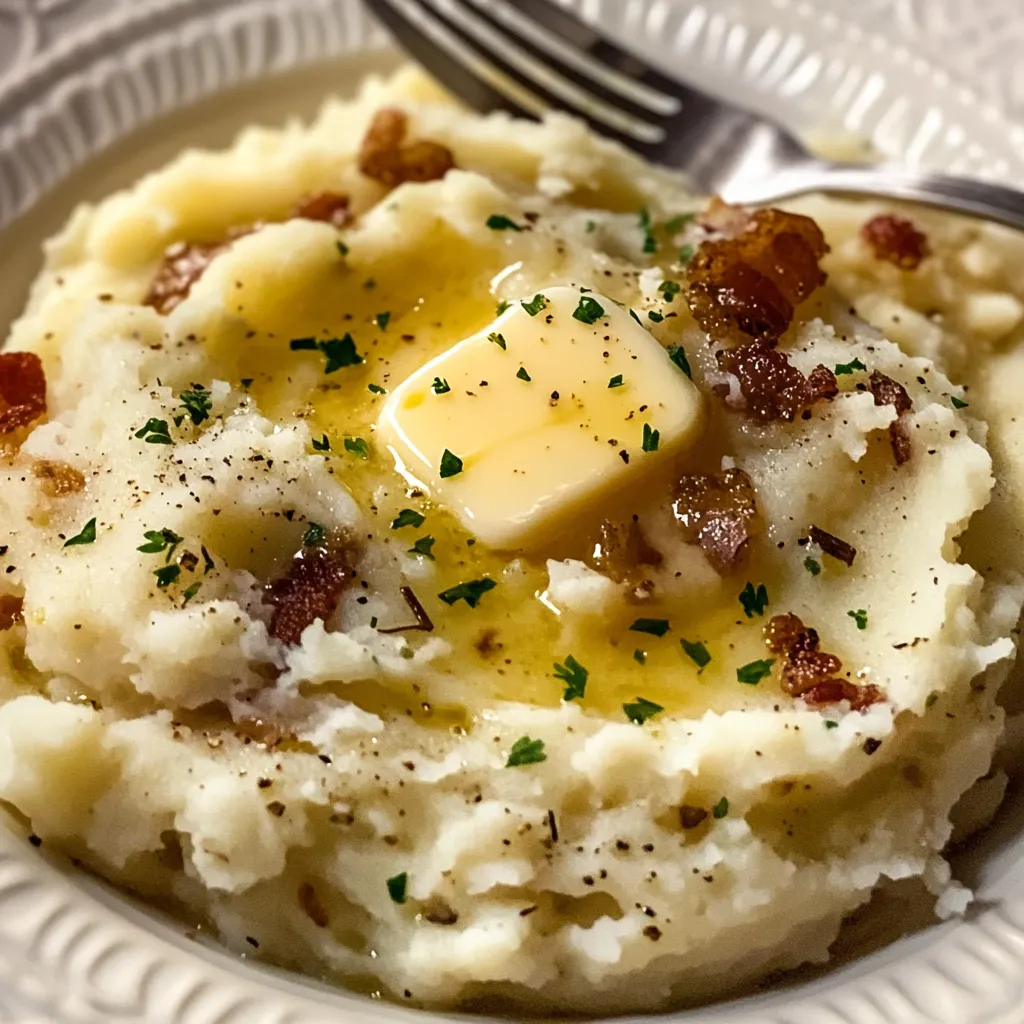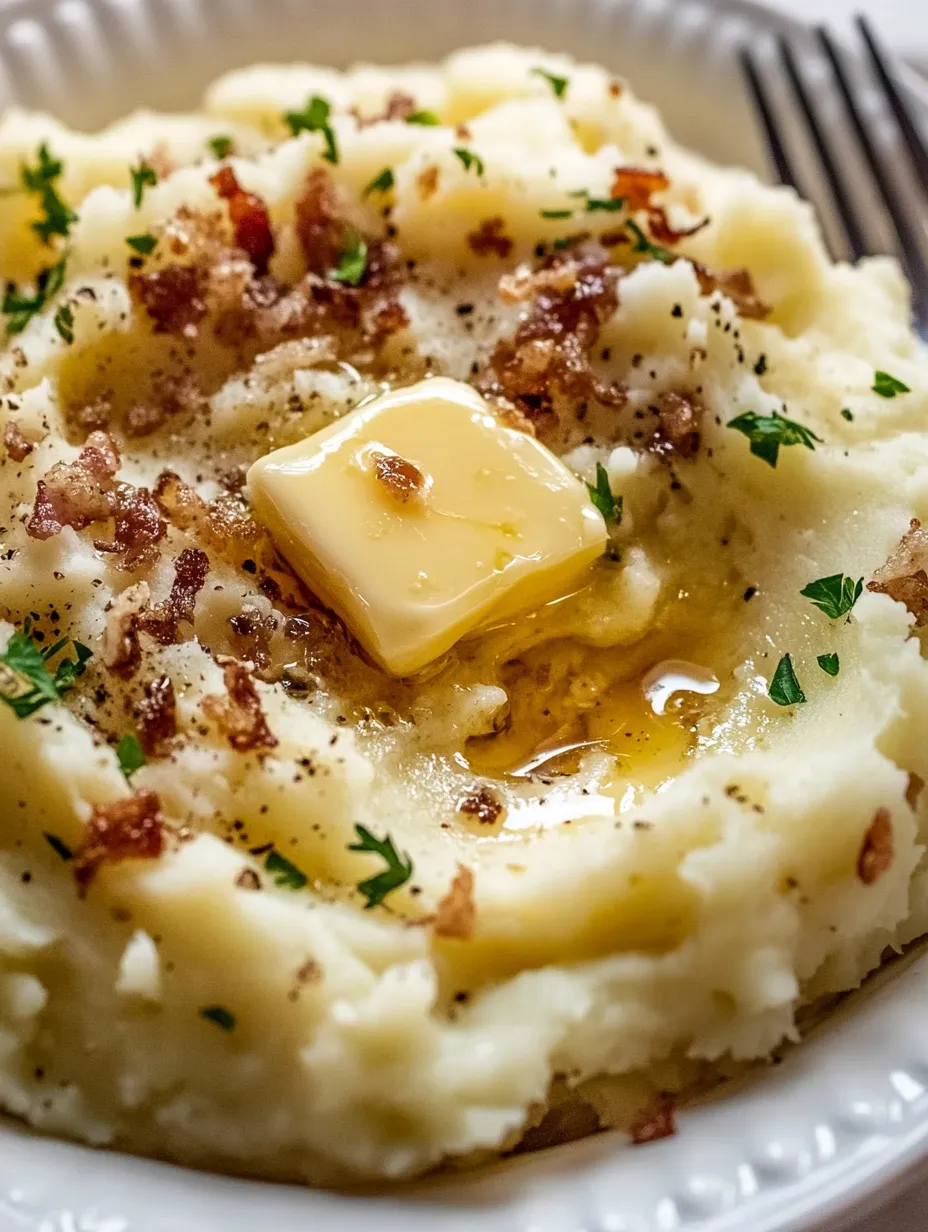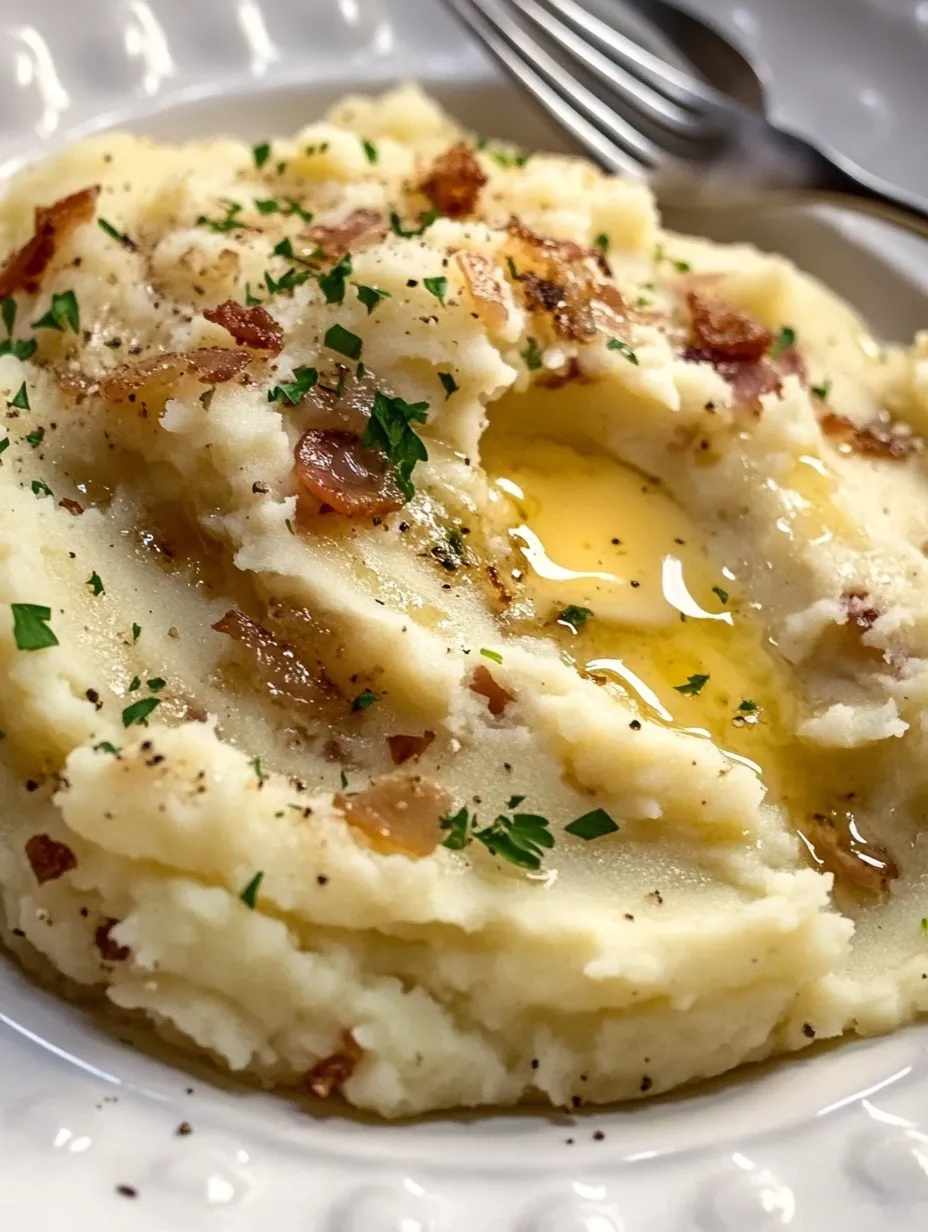 Pin it
Pin it
Irish colcannon transforms humble ingredients into a comforting masterpiece that exemplifies why simple food has endured through generations. This traditional Irish dish marries creamy mashed potatoes with tender cabbage, savory onions, and crispy bacon for a result that's greater than the sum of its parts. As Irish Chef Richard Corrigan wisely notes, "There's no such thing as a recipe for Colcannon, really. It's something that is put together with love, not precise measurements"—a philosophy that captures the soul of this rustic, adaptable comfort food.
I first ventured into making colcannon with equal parts curiosity and eagerness—potato dishes being a guaranteed hit in our household. My German husband has never encountered a potato he didn't immediately befriend, so I wasn't facing a particularly tough audience. Even so, I was unprepared for how quickly we demolished that first batch, the rich, buttery potatoes punctuated with tender cabbage and smoky bacon creating a harmony of flavors that seemed almost magical in its simplicity.
Traditional Ingredient Selection
- Russet potatoes: These "floury" potatoes with their low water content and high starch create the perfect fluffy base that readily absorbs flavor
- Cabbage: Provides subtle sweetness and essential texture contrast; shredded finely and cooked until tender
- Bacon: Contributes salty, smoky notes while its drippings infuse the entire dish with savory depth
- Onions: Both regular and green onions add aromatic complexity and gentle bite
- Butter: Not just an ingredient but practically a philosophy in Irish cooking; enhances richness and mouthfeel
The beauty of colcannon lies in its forgiving nature—measurements are guidelines rather than rules. I've discovered that "floury" potatoes are essential, however. This term, relatively new in my potato vocabulary despite decades of cooking, refers to varieties like Russets with low water content. By harvest time, most of their sugar has converted to starch, creating that dry, fluffy texture that becomes magical when combined with butter and cream.
Prepare The Potatoes
Begin with Russet potatoes, either peeled before boiling or cooked in their skins for additional flavor. Cut them into chunks and boil in generously salted water until fork-tender. This creates the foundation for your colcannon, so take care not to waterlog them.
Fry The Bacon
While the potatoes cook, cut bacon into small pieces and fry until perfectly crisp. Set the bacon aside on paper towels, but—critically—reserve every drop of those flavorful drippings. These rendered fats will carry smoky, savory notes throughout your finished dish.
Sauté The Vegetables
In those precious bacon drippings, gently sauté finely shredded cabbage and chopped onion until soft and translucent. The cabbage will wilt and take on a subtle sweetness while absorbing all the bacon flavor from the pan.
Mash With Character
Drain the cooked potatoes thoroughly, then mash them with a traditional masher—leaving them somewhat chunky and rustic. Colcannon celebrates texture, so resist the urge to create perfectly smooth potatoes. The irregular consistency creates pockets for butter and cream to pool deliciously.
 Pin it
Pin it
Combine With Care
Fold the sautéed cabbage and onions—along with every bit of the bacon drippings—into your rustic mashed potatoes. Add chopped green onions for fresh contrast, then stir gently to maintain texture while ensuring even distribution of flavors.
Finish With Flourish
Create a slight well in the center of your colcannon, add a generous pat of butter to melt invitingly, and sprinkle the reserved crispy bacon over the top. A final garnish of fresh parsley adds color and brightness to complete this humble yet magnificent dish.
My appreciation for colcannon deepened when I researched the historical significance of potatoes in Ireland. Far beyond mere sustenance, potatoes were once the cornerstone of existence for many Irish, particularly among the poor. They represented the thin line between health and hunger, especially in nineteenth-century Ireland. Understanding this history adds poignancy to enjoying this dish that has sustained generations.
Serving Suggestions
Serve colcannon piping hot as the hearty centerpiece of a simple meal, perhaps alongside charred kielbasa or Irish sausages for a complete plate. Create a small well in each serving and add an extra pat of butter that melts enticingly into the warm potatoes. For breakfast, consider topping leftover colcannon with a fried egg, allowing the runny yolk to create a natural sauce. During cooler months, pair with slow-cooked beef or lamb stew, using the colcannon to soak up the rich gravy.
 Pin it
Pin it
Creative Variations
- Transform this basic recipe: Substitute kale or other hearty greens for the cabbage—a variation called "champ" in some regions.
- Create a seafood version: By adding flaked smoked haddock or salmon instead of bacon.
- For a vegetarian adaptation: Skip the bacon and use butter with a drop of liquid smoke or smoked paprika.
- Enhance with different herbs: Like thyme or chives for seasonal adaptations.
- For special occasions: Fold in a handful of sharp Irish cheddar just before serving for a decadent cheesy version.
Storage Solutions
Store leftover colcannon in an airtight container in the refrigerator for up to three days. When reheating, add a splash of milk or cream and a fresh pat of butter to restore moisture and richness. For the best texture, reheat gently in a covered saucepan over low heat rather than using a microwave, which can make the potatoes gluey. Leftover colcannon also makes exceptional potato cakes—simply form into patties, dust with flour, and fry in butter until golden and crisp on both sides.
I've found that colcannon, like many traditional dishes passed through generations, carries more than flavor—it carries story and connection. There's something deeply satisfying about creating a dish that has comforted people through centuries, using the same humble ingredients they would have used. In our modern world of complex cuisine and exotic ingredients, the simple magic of potatoes, cabbage, and bacon reminds us that extraordinary food often comes from ordinary elements transformed with care.
Frequently Asked Questions
- → What type of potatoes work best for Colcannon?
- Starchy, floury potatoes like Russets or Idaho potatoes work best for Colcannon as they break down easily when mashed, creating a fluffy texture. In Ireland, varieties like Rooster or Kerr's Pink would be traditional choices. Avoid waxy potatoes like new potatoes or red potatoes, as they can become gluey when mashed.
- → Can I make Colcannon ahead of time?
- Yes, Colcannon reheats beautifully. Make it up to 2 days ahead and store in the refrigerator covered tightly. To reheat, place in a covered ovenproof dish at 350°F for about 25-30 minutes until hot throughout. Add a little extra butter and milk if it seems dry. The flavors often improve after resting for a day.
- → Is there a vegetarian version of Colcannon?
- Absolutely! Simply omit the bacon and use 2-3 tablespoons of butter or olive oil to sauté the cabbage and onions instead of bacon drippings. You can add a teaspoon of smoked paprika to achieve a hint of the smokiness that bacon would provide, or boost flavor with extra herbs like thyme.
- → What's the difference between Colcannon and Champ?
- Both are Irish potato dishes, but Champ is made with mashed potatoes and scallions (green onions) only, while Colcannon incorporates cabbage or kale along with the onions. Champ is simpler, while Colcannon is more robust with additional vegetables folded through the potatoes.
- → What are some traditional accompaniments to serve with Colcannon?
- Colcannon pairs beautifully with Irish classics like boiled ham, corned beef, or Irish bacon (back bacon). It's also excellent alongside sausages (creating a dish sometimes called 'Dublin Coddle'), roast chicken, or a simple fried egg. Traditionally, it might be the main dish itself for a simple supper, especially during leaner times.
